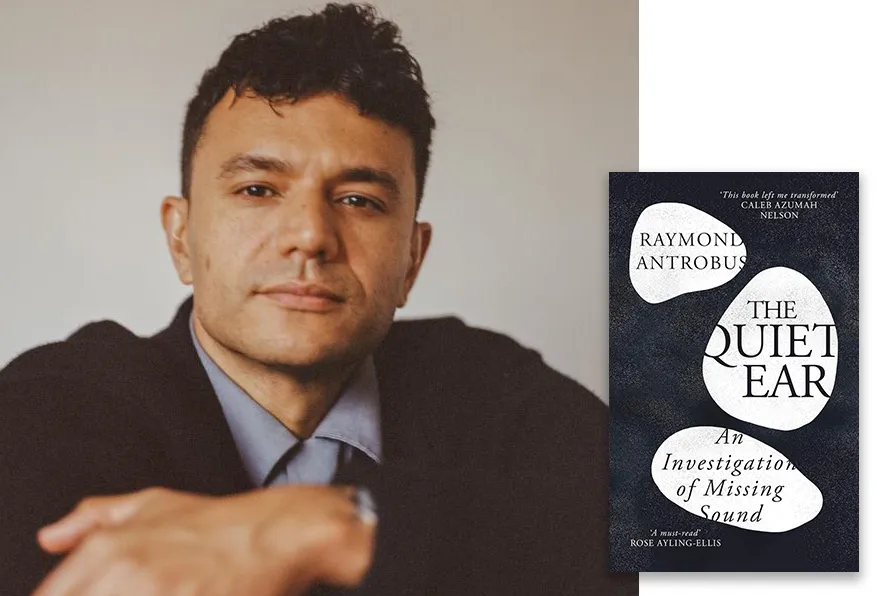RITA DI SANTO draws attention to a new film that features Ken Loach and Jeremy Corbyn, and their personal experience of media misrepresentation
Error message
An error occurred while searching, try again later.PAUL DONOVAN welcomes an inspiring account of living with deafness that has important lessons for the treatment of deaf people in today’s UK

 Raymond Antrobus by Caleb Azumah Nelson [Pic: Raymond Antrobus/CC]
Raymond Antrobus by Caleb Azumah Nelson [Pic: Raymond Antrobus/CC]
The Quiet Ear
Raymond Antrobus, Weidenfeld & Nicolson, £16.99
THIS fascinating account of living with deafness will resonate with everyone who has hearing issues. It should also be a wake up call to those who don’t.
Internationally renowned poet Raymond Antrobus takes the reader through his different life experiences, showing how these have been shaped by deafness. The struggle, in a society that, at best, has a tick box mentality to deafness. The battle to be like everyone else (those without deafness). The stigma encountered when wearing hearing aids.
Antrobus takes the reader through his life, growing up, a young mixed race man, in the Hackney of the 1990s. Difficult times at school ensue, only improving when he goes to the deaf school, Blanche Nevile. Different individuals, like teachers Penny and Renata, listen and really help the young Antrobus. Swimming teacher Mark becomes a heroic figure to him. These individuals really make a difference.
All the time he is learning, trying to make sense of the world.
There are times when he feels isolated and lonely, and there are others who do not overcome such problems. Tyrone Givens was confident, doing well at Blanche Nevile but things fell apart when he left. He ended up in prison, was denied his hearing aids, and hanged himself.
Poetry becomes Antrobus’s salvation. Always fascinated by words and literature he progresses, with help from some individuals along the way.
A lot of the journey is about coming to terms with and accepting deafness as a way of life. This applies to those who are deaf but also the rest of society. The need to be genuinely inclusive. People need to speak clearly and visibly with people who are deaf or have hearing difficulties, and not let them become isolated and cut off in a cocooned world. Signing is important.
Neither is the “there, there” pat-on-the-head attitude of so many in society helpful.
That said, Antrobus comes to not see deafness as a disability but just another way of living. He refers to deafness as “an experience rather than a trauma.”
He recalls, on a trip to the Caribbean, realising you could live deaf in Jamaica.
The experience of course will be different for those born deaf than for others who have lost hearing for whatever reason.
British society is certainly failing deaf people. There is a lack of recognition of the enormity of the issue. Antrobus points out that there are more deaf people now than in 2003, yet fewer deaf schools and support systems.
The Quiet Ear is an excellent read, the story of one man’s battle to get through life, how he struggles to deal with and come to terms with deafness. However, his journey results in a recognition of deafness as part of who he is, something almost to celebrate, rather than hide or get depressed about.
An uplifting read, with so many lessons for the whole of society.










